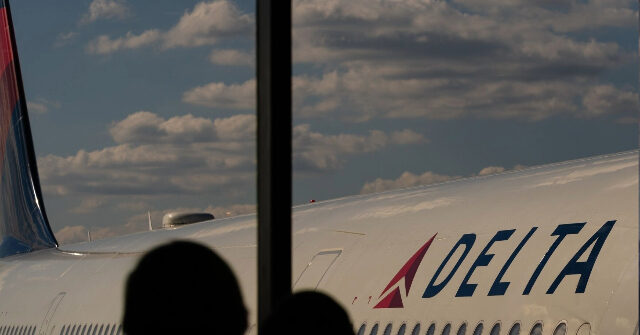Airplanes Grounded over Concerns that Parts Were Sold with Fake Safety Certificates
Concerns that engine parts were sold with fraudulent safety certificates have upended the aviation industry.

American Airlines, United Airlines, and Southwest Airlines have grounded their planes as investigations continue into potentially faulty safety certificates. Delta Airlines has removed several engines from service.
The scandal focuses on airplane supplier AOG Technics, which allegedly mass-produced fake safety certificates to sell its engine parts.
The Daily Mail reported: AOG Technics has also faced allegations it faked employees and was using stock photographs for fictitious staffers on LinkedIn, according to Bloomberg. Attempts to contact the company were unsuccessful. With parts from the problematic company so far found in 126 engines across several airlines, questions are being raised over the effectiveness of the aviation industry’s safety oversight measures.
The Federal Aviation Administration (FAA) and European authorities alleged that AOG Technics forged its documentation, which could produce potentially deadly consequences in the event of a faulty part. General Electric and Safran alleged in a lawsuit that AOG Technics used a large-scale falsification system to sell its parts to airlines.
The Wall Street Journal reported that AOG Technics serves as a middleman in the aviation industry by purchasing parts and then selling them to maintenance and repair shops.
The Daily Mail wrote that Jose Zamora Yrala, the sole director and shareholder of AOG Technics, has dubious LinkedIn profiles linked to the business that often use sock profile pictures. “It’s a bit strange that a phantom company can be allowed to supply spare parts with false certification documents,” Olivier Andriès, the CEO of Safran, said in September.
The Journal said it visited AOG Technics’ address in London, United Kingdom, where building security staff said they had not heard of the company. A representative for the building claimed that AOG Technics serves as a virtual client and does not hold physical space in the building. “If you put a part in an airplane engine, you should feel confident that it’s legitimate. Somebody found a loophole.
The system is supposed to guard against that,” Ron Epstein, an airspace analyst at Bank of America, said. Sean Moran is a policy reporter for Breitbart News. Follow him on Twitter @SeanMoran3.
Read the full article at the original website
References:
